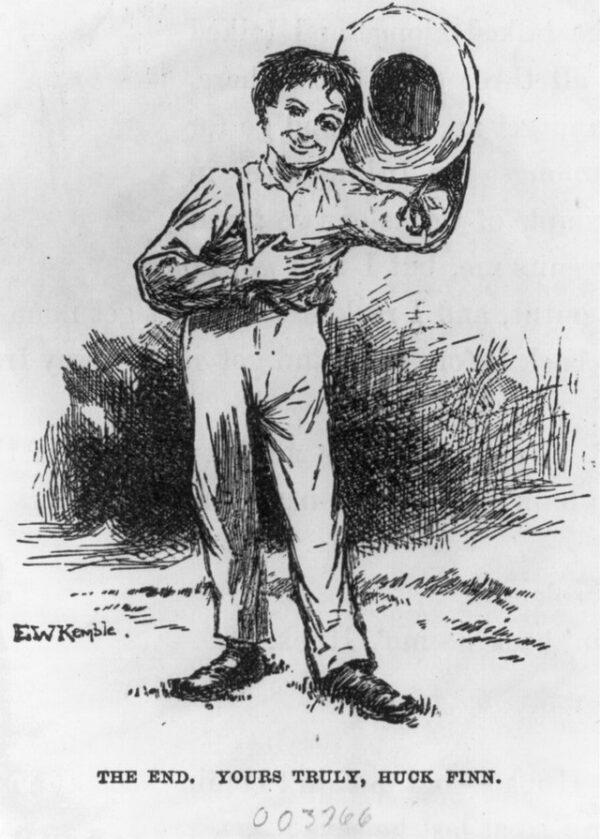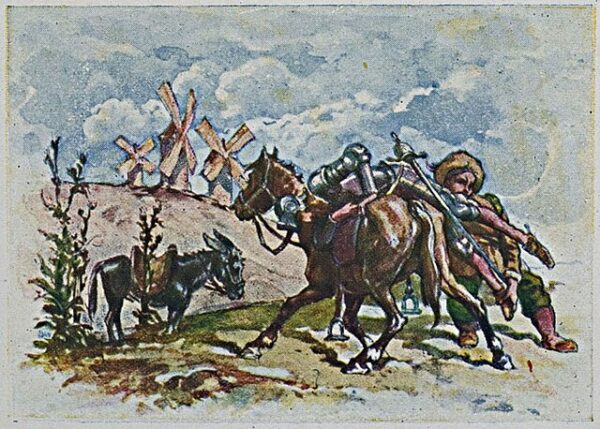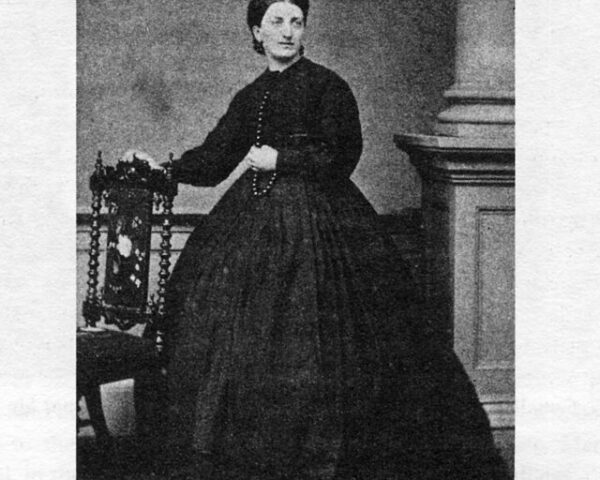First published in the United Kingdom in 1884, Mark Twain’s “Adventures of Huckleberry Finn” hit the book stores in the United States on February 18, 1885 as a sequel to Twain’s earlier novel, “The Adventures of Tom Sawyer.” The novel is narrated by Huck Finn, a young boy seeking freedom from the oppressive constraints of society. Huck, who has been raised in the pre-Civil War South, embarks on a journey down the Mississippi River with Jim, a runaway slave. The novel explores themes of racism, morality, and the search for personal freedom.
Mark Twain’s decision to narrate the story through Huck’s distinct vernacular and dialect was groundbreaking. By adopting a colloquial and regional style, Twain infused the narrative with authenticity, providing readers with a vivid portrayal of the Mississippi River and the people who inhabited its shores. This choice, however, stirred controversy, as some critics argued that the use of dialect perpetuated stereotypes and undermined the novel’s serious themes.
The character of Jim, an escaped slave, plays a central role in the novel and serves an avenue for Twain to discuss racial issues. In the context of the time, Twain’s portrayal of Jim as a sympathetic and complex character challenged prevailing stereotypes about African Americans. However, the novel’s treatment of race remains a subject of debate, with scholars examining Twain’s intentions and the impact of the work on discussions of race in American literature.
Despite its initial popularity, “Adventures of Huckleberry Finn” faced criticism and controversy. Some deemed its content inappropriate for its time, while others took issue with its perceived lack of moralizing. Libraries banned the book in various places, citing its depiction of racial issues and the use of coarse language. Twain, however, defended his work, asserting that the novel aimed to expose the hypocrisy and moral shortcomings of society.
Over time, “Adventures of Huckleberry Finn” became a classic of American literature. It is now celebrated for its satirical commentary on the moral compass of society, its vivid characterizations, and its exploration of the complexities of race. Twain’s unique narrative voice and his willingness to confront the uncomfortable realities of his era contribute to the enduring relevance of the novel.
Mark Twain’s legacy extends beyond his literary contributions. He remains a key figure in American literature and a symbol of the power of satire to expose societal flaws. “Adventures of Huckleberry Finn” endures as a testament to Twain’s ability to craft a compelling narrative while addressing profound social issues, leaving an indelible mark on the literary landscape of the United States.






